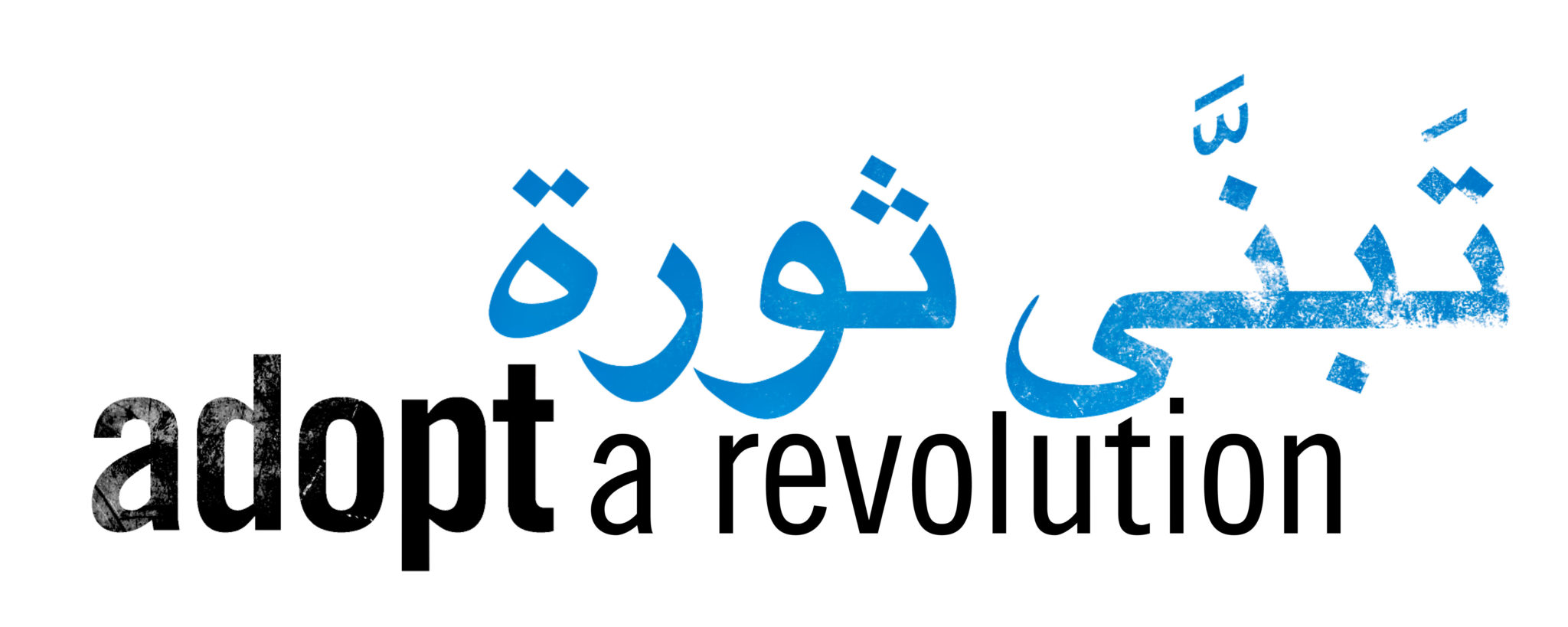The main focuses of Media coverage are still the reactions and repercussions of the Israeli air strike on Syrian soil. For the first time, Bashar Al-Assad reacts in Syrian State TV to Israel’s Air Strike. He portrays himself confident to “confront any aggression” that would target the Syrian people. In Syrian State TV, he is presented with Iranian diplomat Saeed Jalili who guaranteed Syria the full support of Iran in the face of Israeli aggression. This is also approved by the BBC. Assad uses this incident to reinvoke the common Syrian State narrative of foreign enemies who are trying to weaken Syria. Thereby he aims at delegitimizing the Syrian revolution itself.
The air-strike also received heavy critique by Turkish Prime Minister Erdogan who sees this as an Israeli act of State Terrorism while otherwise supporting the Syrian Opposition.
Meanwhile Israel is “considering further air strikes on Syria” as it aims to prevent Hisbollah from getting weapons through Syria. Ephraim Kam, deputy director of Israel’s Institute of National Security Studies warns that attack last week was “just a kind of warning”. However, Syria is also expected to be to week to engage in any conflict with Israel. The main fear is that Hisbollah could get control of chemical weapons inside Syria if the regime continues to fall apart. According to unconfirmed reports, the USA and Russia have been informed in advance regarding the attack on Syrian soil.
What side Russia is on seems still unclear as it sends ambiguous signals about their role in supporting the Syrian regime. On the security conference, Russia officially stated its support for the Syrian state. However, Moez Al-Khatib who is the President of the Syrian National Coalition said the he had received an invitation to Moscow. Therefore, it seems much more interesting what is happening on the sidelines of this conference, where Russian and American top diplomats have met but where Al-Khatib supposedly also met the Iranian foreign minister. Reporting from these sidelines is also ‘the guardian’ with similar observations. ‘The Guardian’ interprets these talks as a slight progress lacking a breakthrough. Iran also has talks with opposition leader Al-Khatib while at the same time demanding to build up a joint government of regime supporters and the opposition. Turkey criticized any negotiations with a regime that had already killed 60.000 people. This January alone nearly 5.000 people died in Syria, which makes it the second worst month according to the Syrian Observatory for Human Rights. 3.305 are said to be civilians or rebel irregulars.
Concerning the attacks of radical Islamic Groups on the City of Serekanye, Ali Shamdin, the representative of the Kurdish Democratic Progressive Party in Syria (KDPP) demands the training of Kurdish Fighters in order for them to return to Syria. This request has been met with approval by Iraqi Kurdish Politicians who also call Syrian Kurdish refugees in Iraqi Kurdistan to go back and “join the revolution”.
Assad’s reaction to Israeli air strike, Israel’s future plans on Syria; ambiguous positions of Iran and Russia, Demand to train Kurdish fighters
The main focuses of Media coverage are still the reactions and repercussions of the Israeli air strike on Syrian soil. For the first time, Bashar Al-Assad reacts in Syrian State TV to Israel’s Air Strike. He portrays himself confident to “confront any aggression” that would target the Syrian people. In Syrian State TV, he is […]

